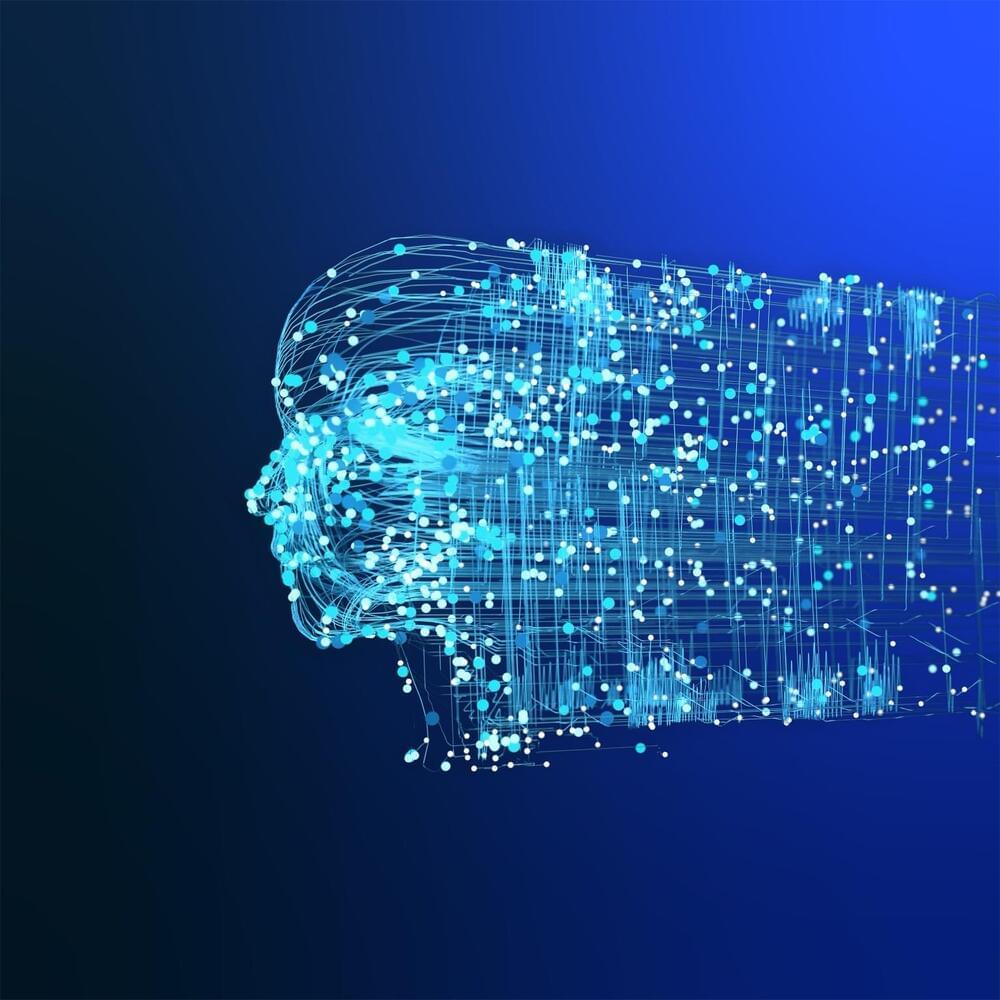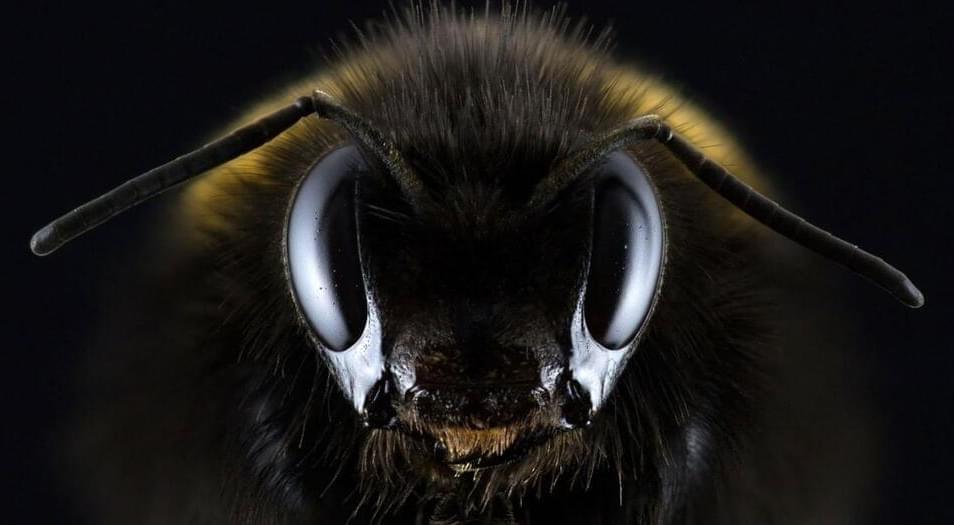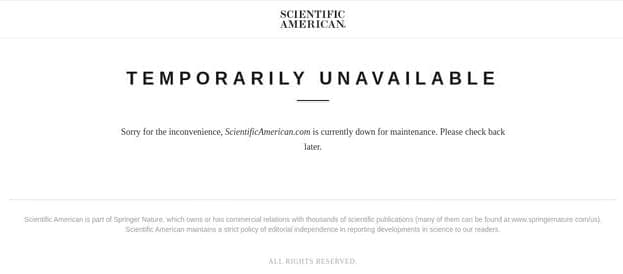All of us are at the beginning of a journey to understand generative AI’s power, reach, and capabilities. This research is the latest in our efforts to assess the impact of this new era of AI. It suggests that generative AI is poised to transform roles and boost performance across functions such as sales and marketing, customer operations, and software development. In the process, it could unlock trillions of dollars in value across sectors from banking to life sciences. The following sections share our initial findings.
For the full version of this report, download the PDF.
Generative AI’s impact on productivity could add trillions of dollars in value to the global economy. Our latest research estimates that generative AI could add the equivalent of $2.6 trillion to $4.4 trillion annually across the 63 use cases we analyzed—by comparison, the United Kingdom’s entire GDP in 2021 was $3.1 trillion. This would increase the impact of all artificial intelligence by 15 to 40 percent. This estimate would roughly double if we include the impact of embedding generative AI into software that is currently used for other tasks beyond those use cases.









